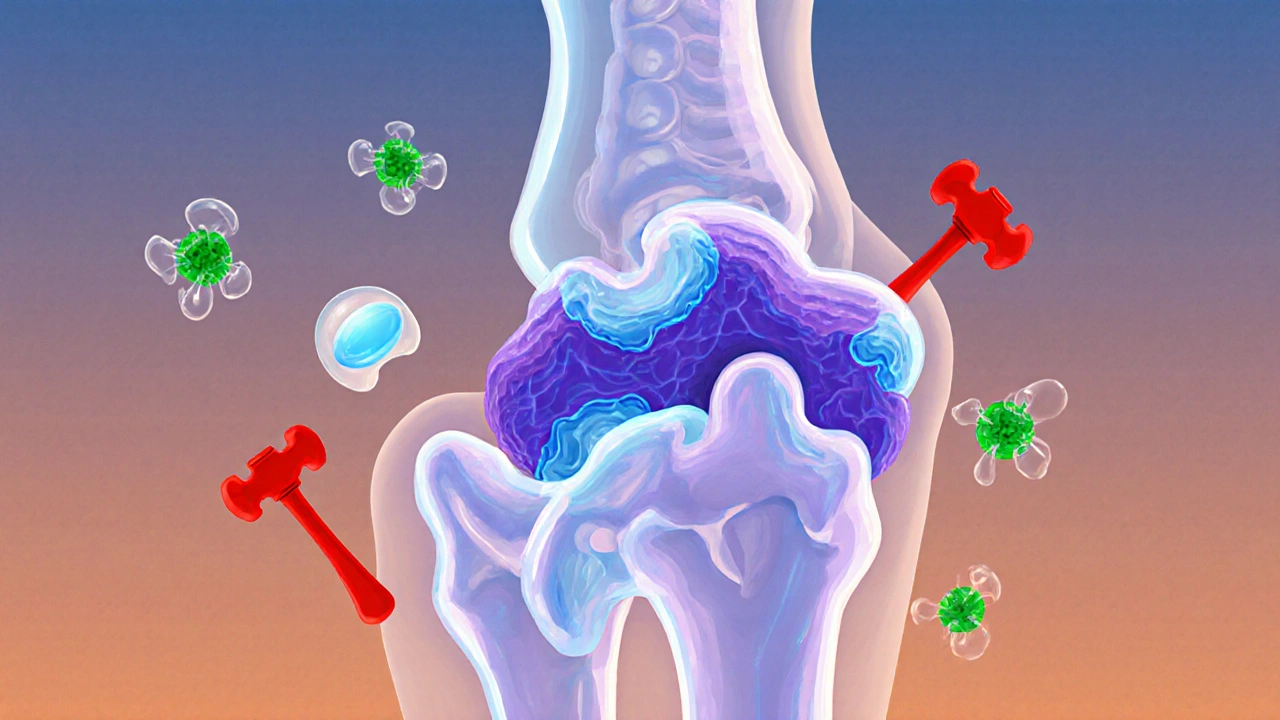Bone Density: What It Is, Why It Matters, and How Medications Affect It
When we talk about bone density, the amount of mineral content in your bones that determines their strength and resistance to fractures. Also known as bone mineral density, it’s not just something your doctor checks once after age 65—it’s a lifelong indicator of how well your body builds and holds onto bone tissue. Think of it like the thickness of your skeleton’s foundation. Low bone density doesn’t always cause pain, but it makes you far more likely to break a hip, wrist, or spine from a simple fall—or even a sneeze.
Your bones aren’t just passive structures. They’re alive, constantly breaking down and rebuilding. But certain medications can throw this balance off. For example, long-term use of corticosteroids, like prednisone, which are often prescribed for autoimmune diseases or asthma can speed up bone loss. Even some antiseizure drugs, including phenytoin and carbamazepine, interfere with vitamin D metabolism, which your bones need to absorb calcium. And if you’re taking proton pump inhibitors, like omeprazole for acid reflux for years, your body may not absorb enough calcium from food. These aren’t side effects you ignore—they’re signals to check your bone density.
It’s not just drugs. Your bone health ties into what you eat, how much you move, and even your hormones. Bone density drops faster after menopause because estrogen levels fall. Men lose bone too, but slower. Low calcium and vitamin D intake? That’s like trying to build a house without bricks. Lack of weight-bearing exercise? Your bones start to weaken from disuse. These factors don’t act alone—they stack up. That’s why someone on steroids, with low vitamin D, and no physical activity is at much higher risk than someone with just one issue.
What you’ll find in the posts below isn’t a list of miracle cures. It’s real talk about how everyday medications—some taken for years—can quietly weaken your bones. You’ll see how drugs like losartan-hydrochlorothiazide affect electrolytes tied to bone health, how NSAIDs like diclofenac might interfere with healing, and how even treatments for bladder issues or high blood pressure can have hidden effects. No fluff. Just what you need to know to protect your bones while managing other conditions.
Vitamin D and Bone Health: What Really Works for Strong Bones
Vitamin D is essential for strong bones, but more isn't always better. Learn the real science behind vitamin D targets, supplement dosing, and who actually needs it for bone health.
The Benefits of Alendronate for Osteoporosis Treatment
Alendronate is a proven treatment for osteoporosis that reduces fracture risk by improving bone density. Learn how it works, who benefits most, how to take it safely, and what to expect over time.


